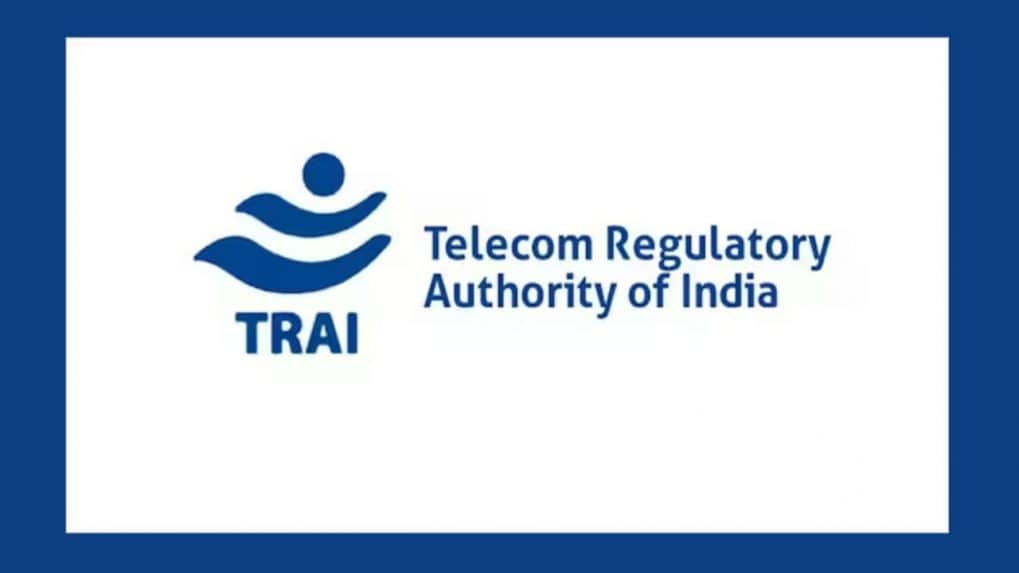OHD on service authorization: Stakeholders oppose TRAI’s jurisdiction expansion
The discussion focused on the Consultation Paper on the Framework for Service Authorizations for the Provision of Broadcasting Services under the Telecommunications Act, 2023.
ADVERTISEMENT
The Open House Discussion (OHD) held by the Telecom Regulatory Authority of India (TRAI) on Wednesday faced strong opposition from broadcasters, who urged TRAI to limit its recommendations to the carriage-related aspects of broadcasting. TRAI officials also heard comments and counterarguments regarding the inclusion of over-the-top (OTT) platforms under its regulatory framework.
The discussion focused on the Consultation Paper on the Framework for Service Authorizations for the Provision of Broadcasting Services under the Telecommunications Act, 2023. Many stakeholders strongly opposed the consultation paper, arguing that TRAI’s recommendations should be restricted to the carriage-related aspects of broadcasting.
On October 30, TRAI issued the consultation paper, seeking comments and feedback from stakeholders. In its submission, the Indian Broadcasting and Digital Foundation (IBDF) argued that the proposed authorization framework exceeds TRAI’s jurisdiction by attempting to regulate content through licensing conditions.
Stakeholders, including the Indian Broadcasting and Digital Foundation (IDBF), News Broadcasters and Digital Association (NBDA), and the Federation of Indian Chambers of Commerce and Industry (FICCI), had strongly opposed TRAI's recommendation to bring broadcasting services under the authorization regime of the Telecommunications Act, 2023.
Siboney Sagar, a leading expert in regulatory, public policy, and telecom, media, and technology laws representing IBDF, stated, “We humbly submit that it would be inappropriate to conflate broadcasting and telecommunications. TRAI must acknowledge the clear distinction between these domains, where content regulation falls under the Ministry of Information and Broadcasting (MIB) while carriage-related aspects are managed by TRAI, in order to uphold constitutional laws and freedom of speech.”
Sanjay Agarwal from Times Network, representing NBDA, added, “A separate identity must be maintained. Content and carriage aspects should remain distinct. Convergence of broadcasting services into telecommunications is not appropriate, and we urge TRAI to refrain from creating such a framework. Bringing 350 broadcasters under TRAI’s regulatory umbrella lacks rationale.”
Debashish Bhattacharya, Deputy Director General of BIF, emphasized, “The deliberate omission of broadcasting services from the Telecommunications Act reflects a clear legislative intent to exclude broadcasting from its regulatory scope. This omission acknowledges that broadcasting operates under a distinct legal and regulatory framework, separate from telecommunication services.”
Bhattacharya further explained, “The Telecom Act’s regulatory role, at best, encompasses the carriage aspect of broadcasting—specifically the transmission of signals and spectrum allocation. However, content regulation remains outside TRAI’s purview and should continue to be overseen by the MIB.”
Bhattacharya also noted, “The MIB has historically granted licenses, permissions, or registrations to broadcasting service providers. It is essential that under the new regime, the contractual nature of these licenses remains intact, even if they are rebranded as ‘authorizations.’”
Bringing OTT Platforms Under TRAI's Regulatory Framework
Rahul Vatts, Chief Regulatory Officer of Bharti Airtel Limited, remarked, “Incorporating DD Free Dish under the same regulatory framework as other DTH operators would ensure market sustainability. The rights of broadcasting service providers under existing license agreements must be protected, regardless of the final decisions regarding broadcasting licenses. Digital platforms (OTT) delivering broadcast content via broadband or mobile should be brought under an authorization or licensing framework.”
Vatts added, “Any platform offering content similar to that of regulated distribution platforms should be subject to the same regulatory framework, regardless of technology, adhering to the principle of ‘Same Service, Same Rules.’ While the MIB governs content rules for OTT platforms, TRAI must regulate the carriage aspect of their content delivery.”
Vatts also highlighted the availability of live content on OTT platforms, arguing that the distinction between push and pull content is misleading.
Countering this perspective, Bhattacharya of BIF stated, “OTT services differ significantly from broadcasting services, as OTT content is delivered via the internet, unlike broadcasting services. The principle of ‘Same Service, Same Rules’ does not apply here. Television and radio push content to viewers, while OTT platforms provide pull content. Subscribers actively choose what they wish to watch, when to watch it, and on which device. Content is not ‘pushed’ to OTT users as it is in broadcasting.”

